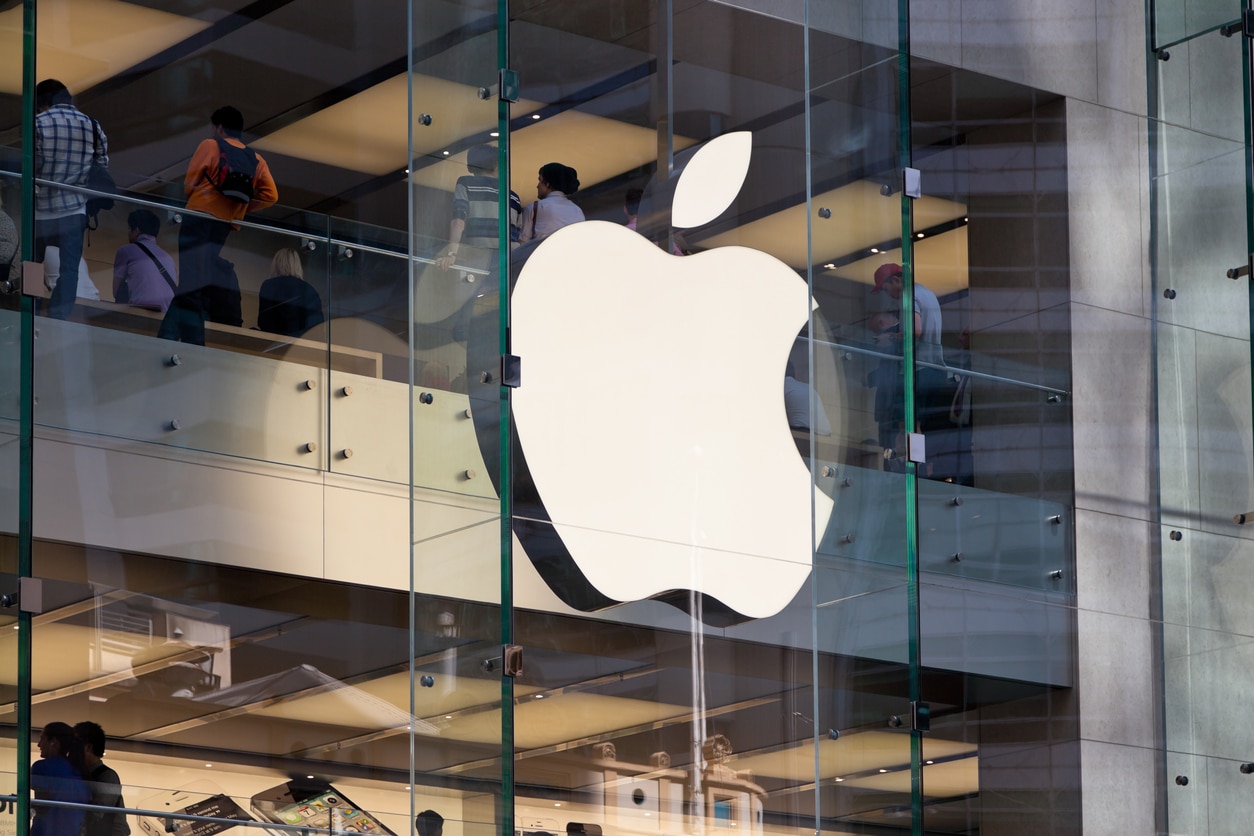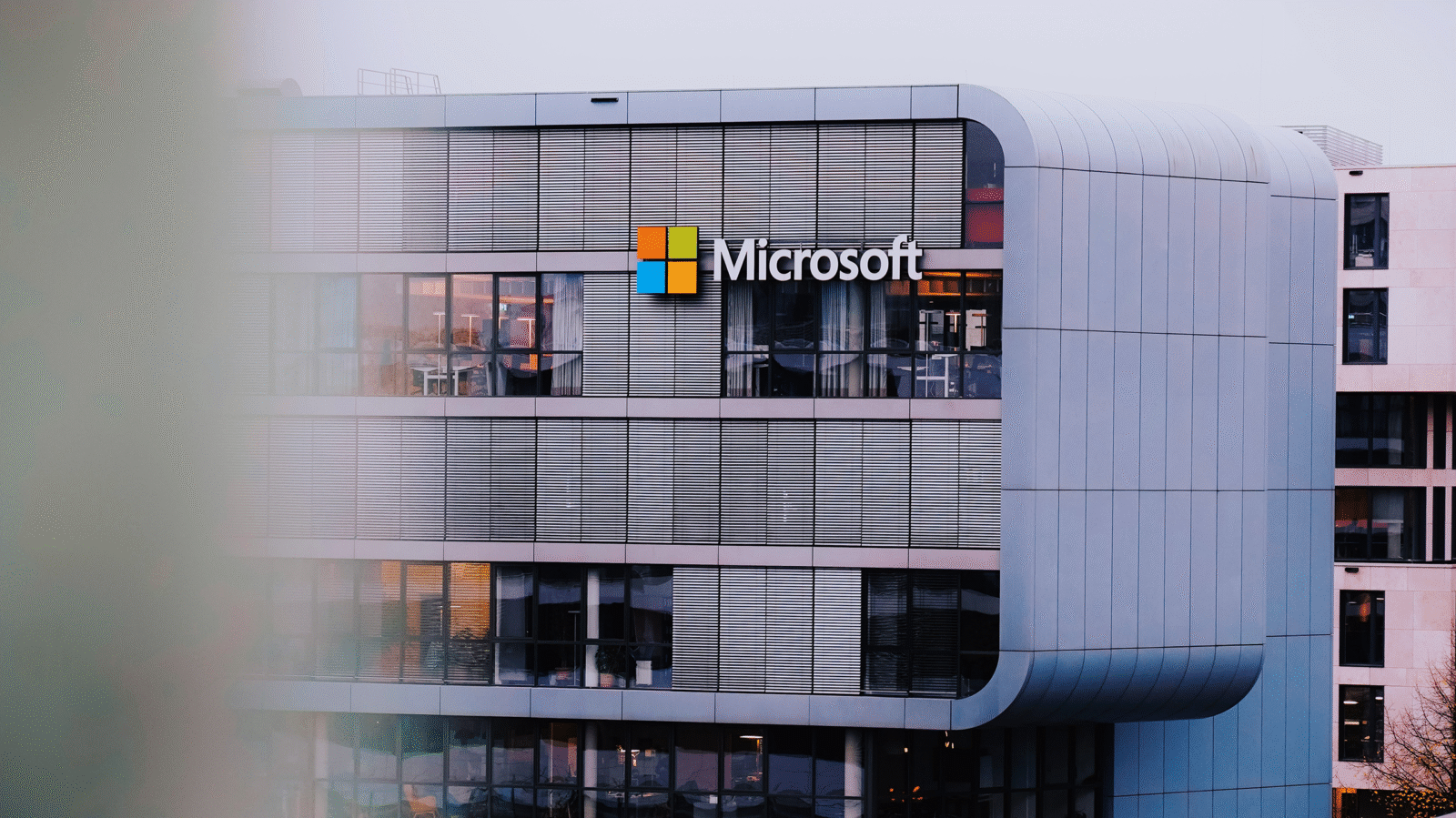
Sign up for smart news, insights, and analysis on the biggest financial stories of the day.
A flexible schedule, a tent, and plenty of patience. Those are the bare necessities required to get your hands on one of the first copies of a new iPhone model.
And this year, Apple is expecting more frenzied day-one buyers than ever — the Silicon Valley tech giant has told suppliers to be ready to churn out 90 million next-generation iPhones in 2021, a huge step up from normal shipment volumes.
Market Ripple Effect
While countless businesses are reeling from the global chip shortage, Apple is no everyday business. As major chipmaker Taiwan Semiconductor’s premier customer, its massive orders are planned months in advance and given priority in the production queue.
The first run of a new iPhone model is typically in the ballpark of an ample 75 million units. So the news of a significant 20% boost to Apple’s initial order rang up and down the firm’s global supply chain:
- Shares of Taiwan-based power-pack maker Cheng Uei Precision shot up 9%, while lens maker Largan Precision gained 2%. Shares of Taiwan Semiconductor and Japanese electronic device manufacturers also gained ground.
- And Apple shares got their own 2.5% lift Wednesday to reach a record price of $149.22. The stock is now up 20% from a June low.
Apple’s new model will presumably be called iPhone 13 (assuming the product team doesn’t suffer from triskaidekaphobia). Official announcements are due in September when the firm will unveil upgrades to the entire iPhone lineup, from regular 5.4-inch versions up to 6.7-inch Pro models.
Camping Out for a Lens: The design of the new iPhone will remain mostly unchanged: the banner upgrades are to the phone’s camera, including a better optical zoom and advanced video recording. The phone will also have a new, more powerful system-on-chip (the circuit that integrates all the device’s components). But feature geeks will likely have to wait for an in-display fingerprint scanner, which Apple is still developing.











